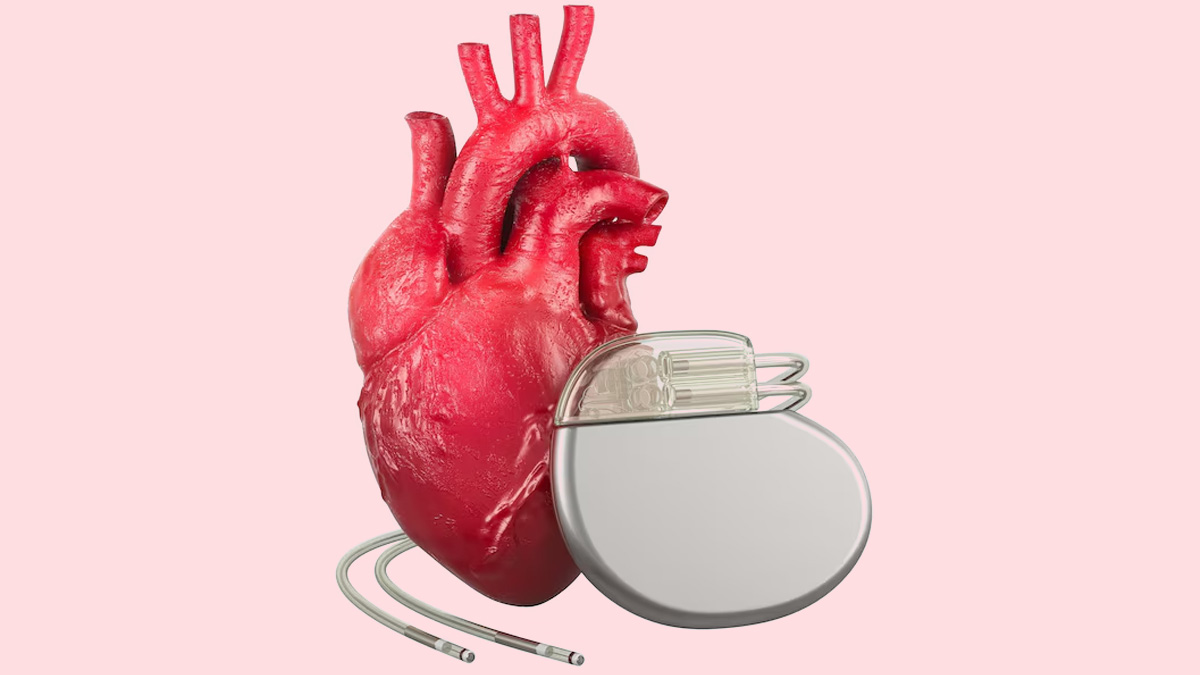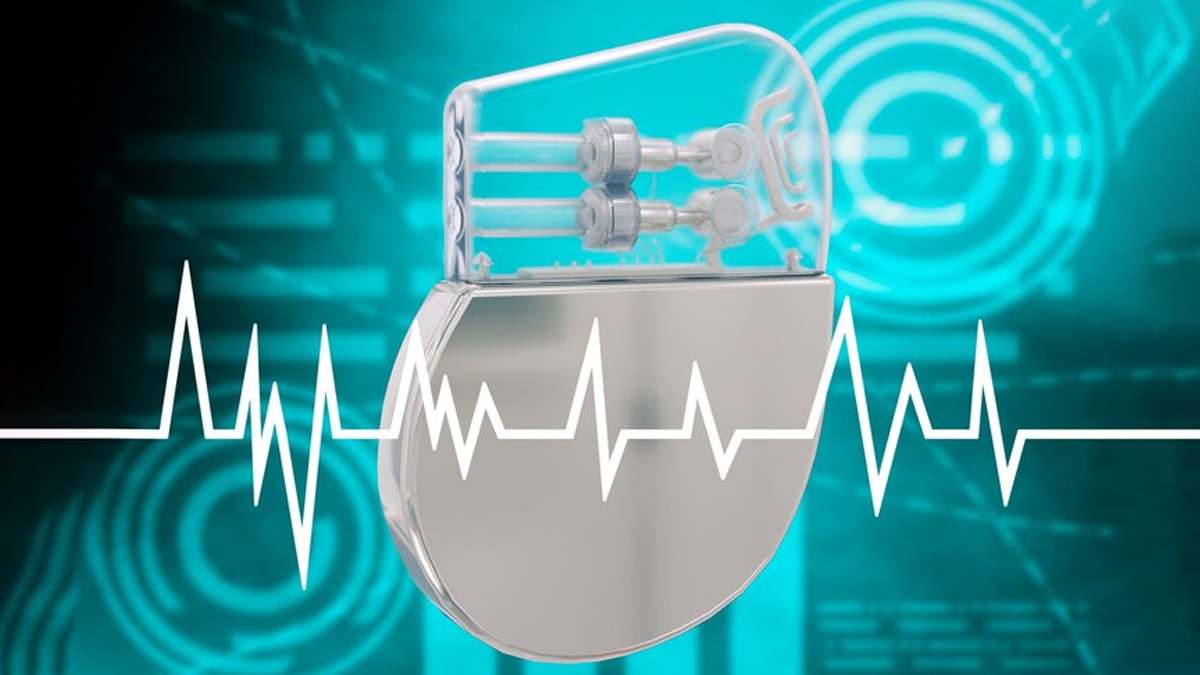
A pacemaker is a vital device implanted in the chest to regulate abnormal heart rhythms. While it greatly improves the quality of life for people with arrhythmias, it's important to recognize the signs of a malfunction to avoid complications. Here, we explore the key symptoms of a malfunctioning pacemaker and share tips on how to prevent a heart attack.
To understand the signs of malfunction pacemaker, OnlyMyHealth interacted with Dr Adil Sadiq, Director and Head - Cardio Thoracic and Vascular Surgery (CTVS), Sakra World Hospital, Bengaluru, and Dr Naveen Bhamri, Senior Director and Head of Cardiology at Max Super Speciality Hospital, Shalimar Bagh, New Delhi.
Signs of a Malfunctioning Pacemaker

According to Dr Adil Sadiq, monitoring your pacemaker's function is crucial. He states, "While a pacemaker can greatly improve your quality of life, it's essential to stay informed and vigilant about potential malfunctions."
Some signs to watch for include:
Irregular heartbeats: If you feel your heart racing, skipping beats, or slowing down, your pacemaker may not be functioning as it should.
Dizziness or fainting: These symptoms, especially when paired with palpitations, could indicate a problem with the pacemaker's regulation of your heartbeat.
Shortness of breath: Difficulty breathing during normal activities might be a sign that your pacemaker isn’t effectively helping your heart pump blood.
Swelling in the legs or abdomen: Fluid retention is another red flag, potentially indicating that the heart is not pumping efficiently.
Pain or discomfort: Persistent pain or discomfort around the pacemaker site or in your chest should prompt immediate medical attention.
Also read: Artificial pacemaker: Here's When It Becomes A Must For Heart Patients

Dr Sadiq emphasises that "regular check-ups and a healthy lifestyle are key to ensuring your pacemaker continues to function correctly."
Similarly, Dr Naveen Bhamri, explains the technical side of pacemaker malfunction. "Pacemakers monitor heartbeats through electrodes and send electrical pulses to maintain a normal rhythm. If there's a problem, symptoms of arrhythmia like dizziness, difficulty breathing, or even hiccups that won't go away could appear." He also mentions additional signs such as:
- Persistent fatigue and fainting
- Pain, swelling, or drainage at the implant site (which could indicate an infection)
- Twitching muscles in the abdomen or chest
- Sensation of the pacemaker generator feeling loose under the skin
Dr Bhamri adds, "Battery issues or the need for reprogramming are common reasons for malfunction. However, it’s important to note that pacemakers cannot detect heart attacks."
How to Prevent a Heart Attack

While pacemakers help manage abnormal heart rhythms, preventing a heart attack involves broader lifestyle changes. Both doctors agree that a healthy lifestyle is essential.
Dr Sadiq provides the following tips for heart attack prevention:
Regular Check-Ups: Schedule frequent visits to your cardiologist to monitor your pacemaker and adjust its settings if necessary.
Healthy Diet: Opt for a diet rich in fruits, vegetables, and whole grains, while avoiding processed foods high in salt and sugar.
Exercise: Engage in moderate physical activities like walking or yoga, as advised by your doctor.
Quit Smoking: Smoking significantly increases the risk of heart disease, so quitting is crucial.
Manage Stress: Incorporate stress-relief techniques such as meditation or deep breathing into your routine.
Dr Bhamri echoes the importance of lifestyle choices in preventing heart attacks. "Maintaining a healthy weight, controlling your blood pressure, sugar, and cholesterol levels, and avoiding alcohol and smoking are crucial. Regular exercise and managing stress also play a big role in overall heart health."
Conclusion
Your pacemaker is a powerful tool in managing heart health, but it's essential to remain proactive. Recognizing early signs of malfunction and leading a healthy lifestyle can prevent further complications, including heart attacks. As Dr Sadiq wisely says, "By staying informed and proactive, you can enjoy a healthy life even with a pacemaker." If you experience any of the symptoms mentioned above, consult your cardiologist immediately. Prioritising your heart health can make all the difference.
Also watch this video
Read Next
World Heart Day: Is Working at Night Putting Your Heart at Risk? Cardiologists Share Insights
How we keep this article up to date:
We work with experts and keep a close eye on the latest in health and wellness. Whenever there is a new research or helpful information, we update our articles with accurate and useful advice.
Current Version
